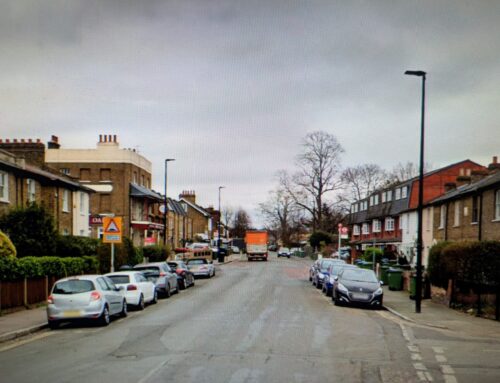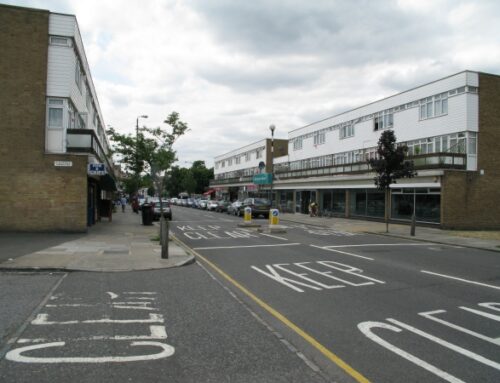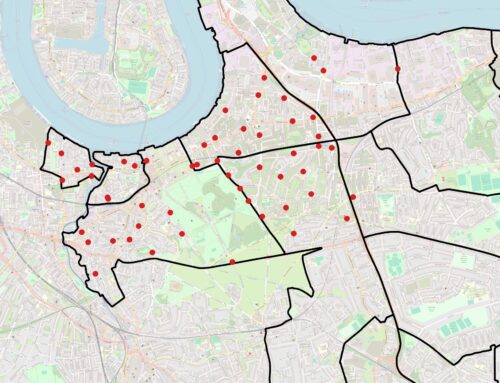| Changes to your service this Autumn |
| With the sun continuing to shine, it may still feel like summer at the moment, but here at Southeastern and Network Rail we’re concentrating on getting ready for Autumn.
For the railway, Autumn means millions of leaves falling on the track, turning into mulch and making it harder for our trains to grip the rails. In turn this means our trains take longer to accelerate and brake between stations. Our Autumn timetable Our Autumn timetable will run from 7th October to 8th December. To account for the extra time needed by our drivers, we’re making a number of temporary changes to various train timetables, over the season leaf fall period. In the morning, some trains will leave a few minutes earlier. In the evening, trains will leave London at the same time as usual, but some will arrive at stations along their route a few minutes later. You can check how your journey will be affected here. Changes to Off-Peak service pattern Between 7th October and 8th December, we will also make temporary changes to off-peak calling patterns. When weather is forecast to be particularly bad, over a given period, some of our less busy services will miss a small number of stops to help them keep to their journey plan. We do this to keep our services reliable and prevent a knock-on impact at key terminal stations during Peak times when the network is particularly busy. We have found this increases the performance of the service we offer by an average of 8% during Autumn. Our changes to the Off-Peak service pattern are taken three days’ in advance, when we can be reasonably certain about weather forecasts and this revised pattern will be implemented over a weekly period. You can check to see if this affects your service here and we advise passengers to check every week. Customer Information Screen Why fallen leaves cause such a problem We know it may seem like a joke, but it is a really significant problem for our trains. 50 million leaves fall onto the tracks on the South East route every Autumn. When moist and squashed by train wheels, the leaves form a layer on our tracks which can be as slippery as black ice. Our drivers need more time to accelerate and brake, as the train wheels have less grip on the tracks. Over a whole journey the accumulation of extra time needed becomes significant. The temporary timetable changes gives our drivers the time they need to stop and start safely, and makes services more likely to stay on schedule. A layer of compressed black mulch on the rail How we’re working to mitigate leaves on the line While we would like to be able to clear off every leaf which falls onto our track, the sheer scale – 50 million leaves falling every Autumn – makes this task impossible. However, we are working hard to make sure they cause as little disruption as possible. One of Network Rail’s leaf-busting trains on the network This includes:
Communicating with our passengers We know that communicating these changes and how this will affect their journey is essential, which is why this year we will be embarking on an innovative communications campaign to really engage with passengers about why we’re making these changes and how it will affect their journey. If we make changes to Off-Peak service patterns three days’ in advance, we will let our passengers at these selected stations know via our station teams, posters, social media and onour website. |








The timetable changes are utterly shameful, cynical – and very poorly implemented, even assuming there is any excuse for them (which there isn’t).
To leave us with three South Eastern trains per hour for a two-month “temporary” period – doubtless succeeded by another reduced, “temporary” “Winter Timetable” thanks to the inclement weather of December to March is utterly inexcusable.
This company really ought to be kicked out and lose its franchise. We’ve gone from 6 off-peak SE trains per hour in each direction to 3 in a matter of months, and unless they’re removed further reduction is likely.
And this on the historic line where trains are already over-filled, with people often standing even on off-peak services.